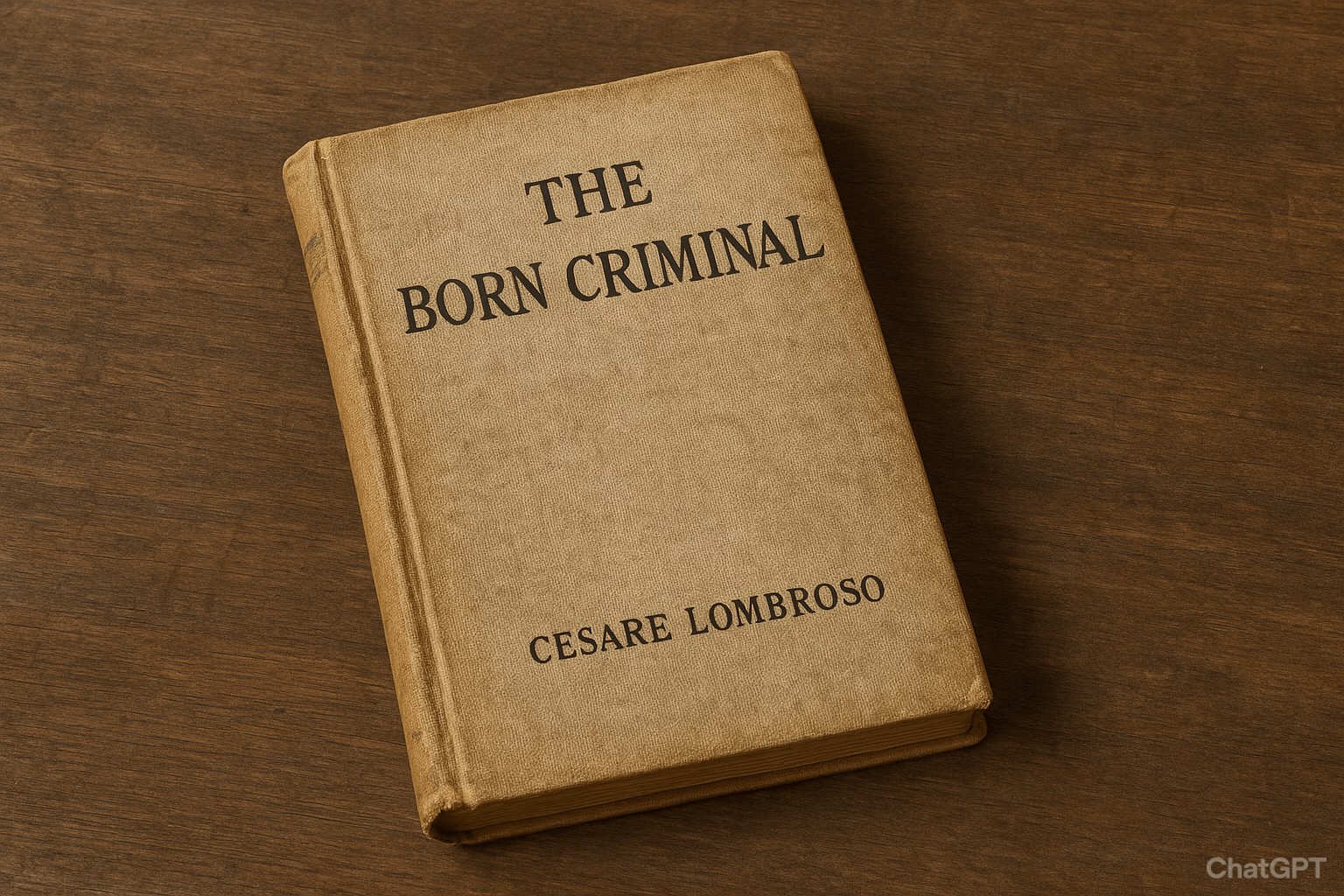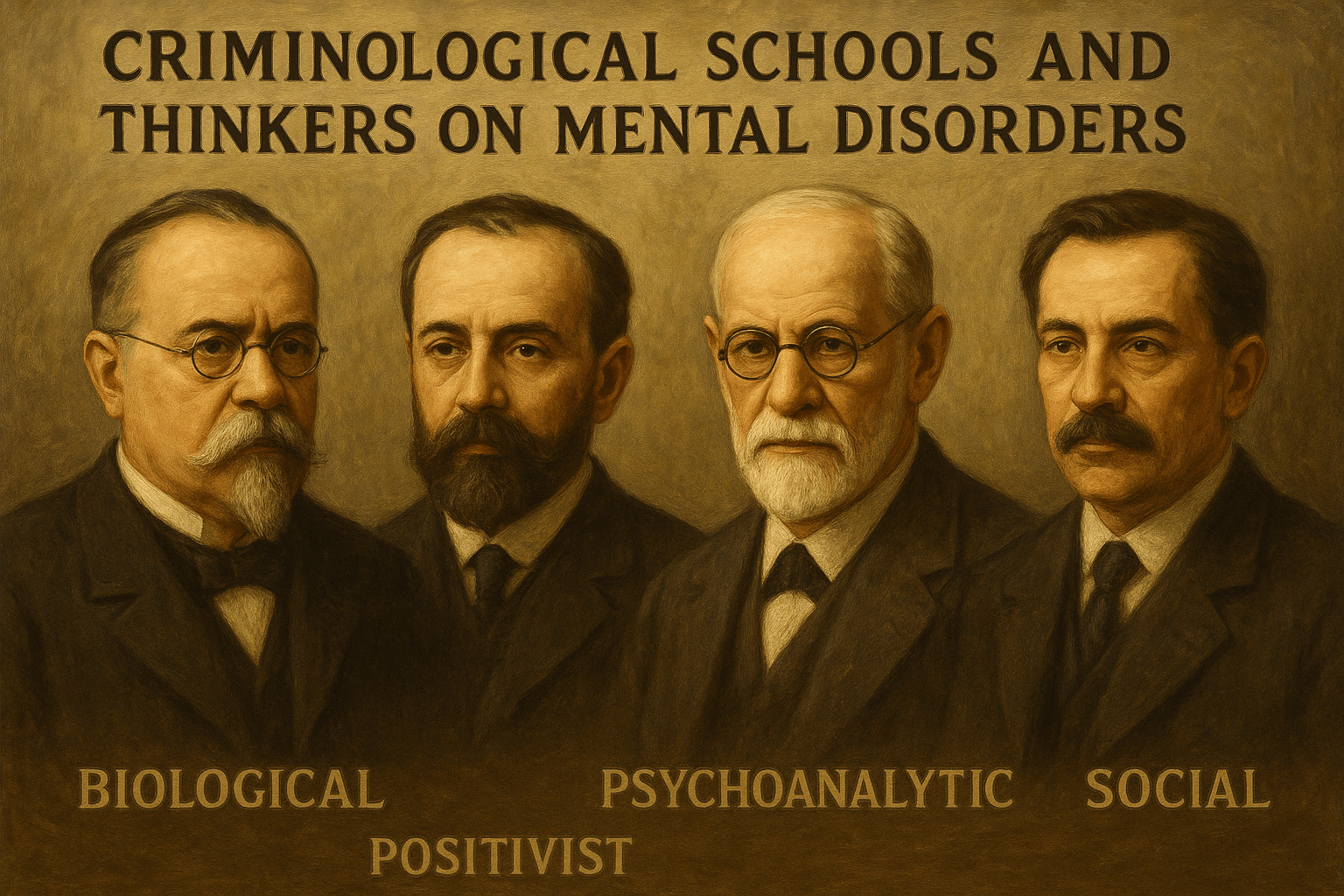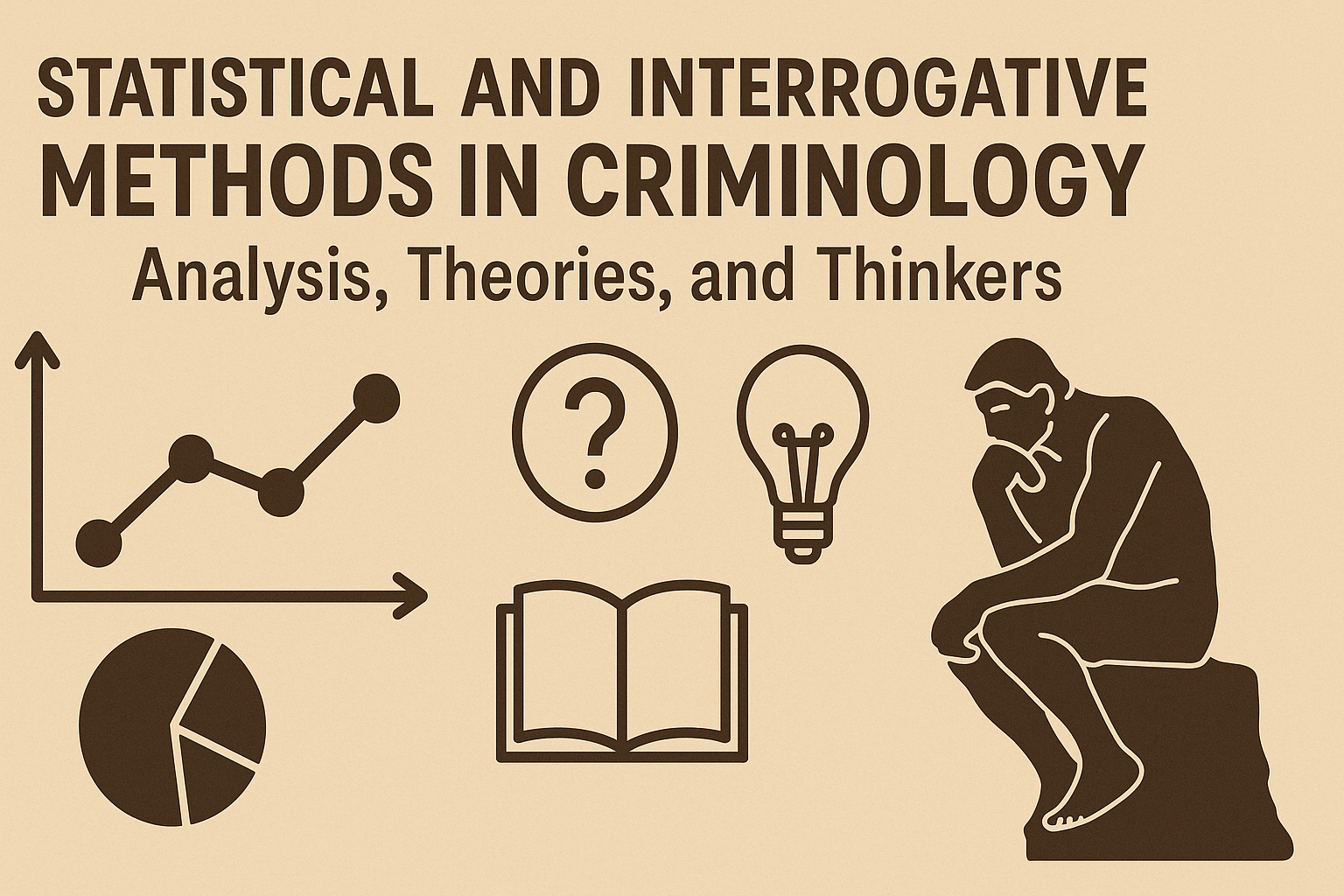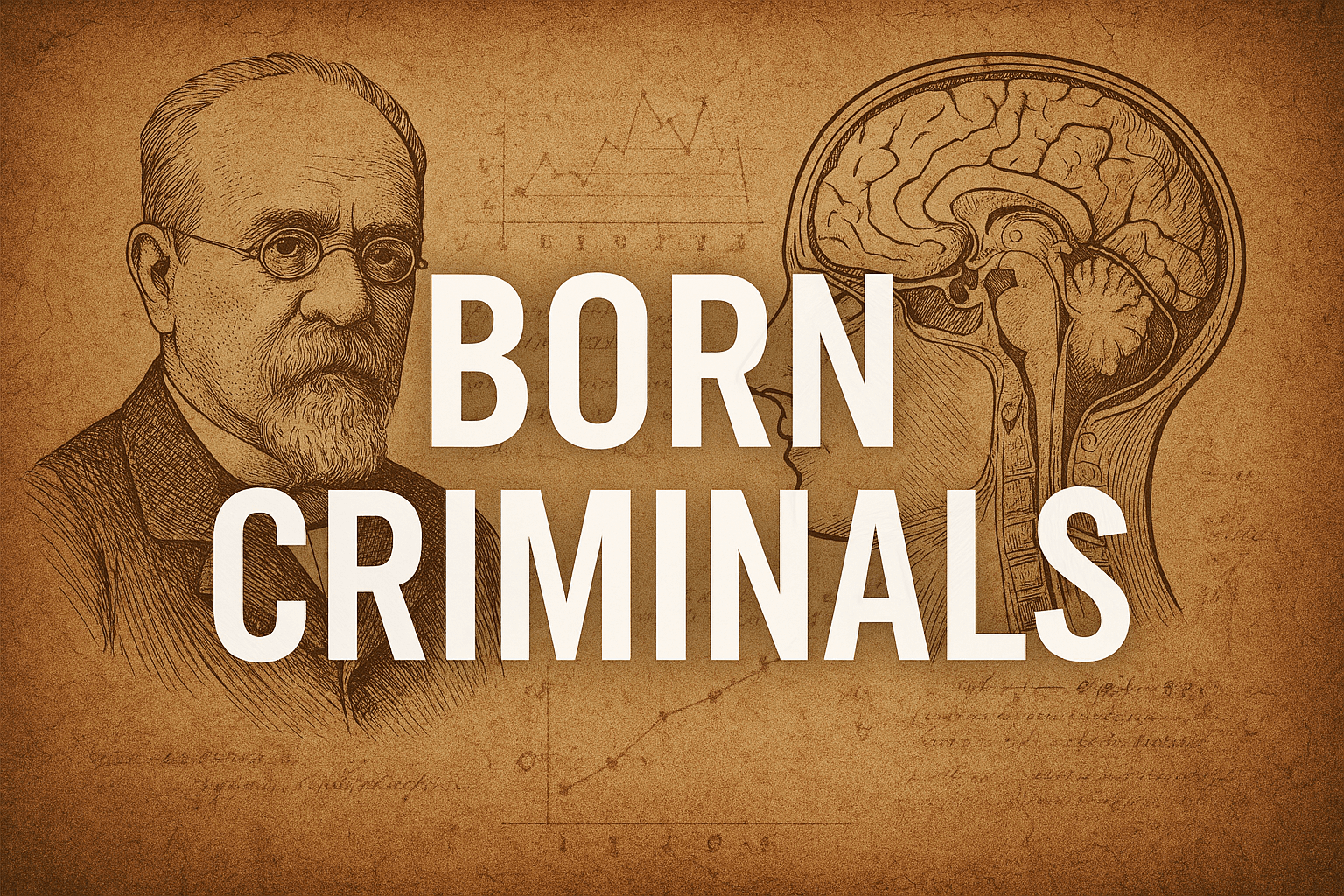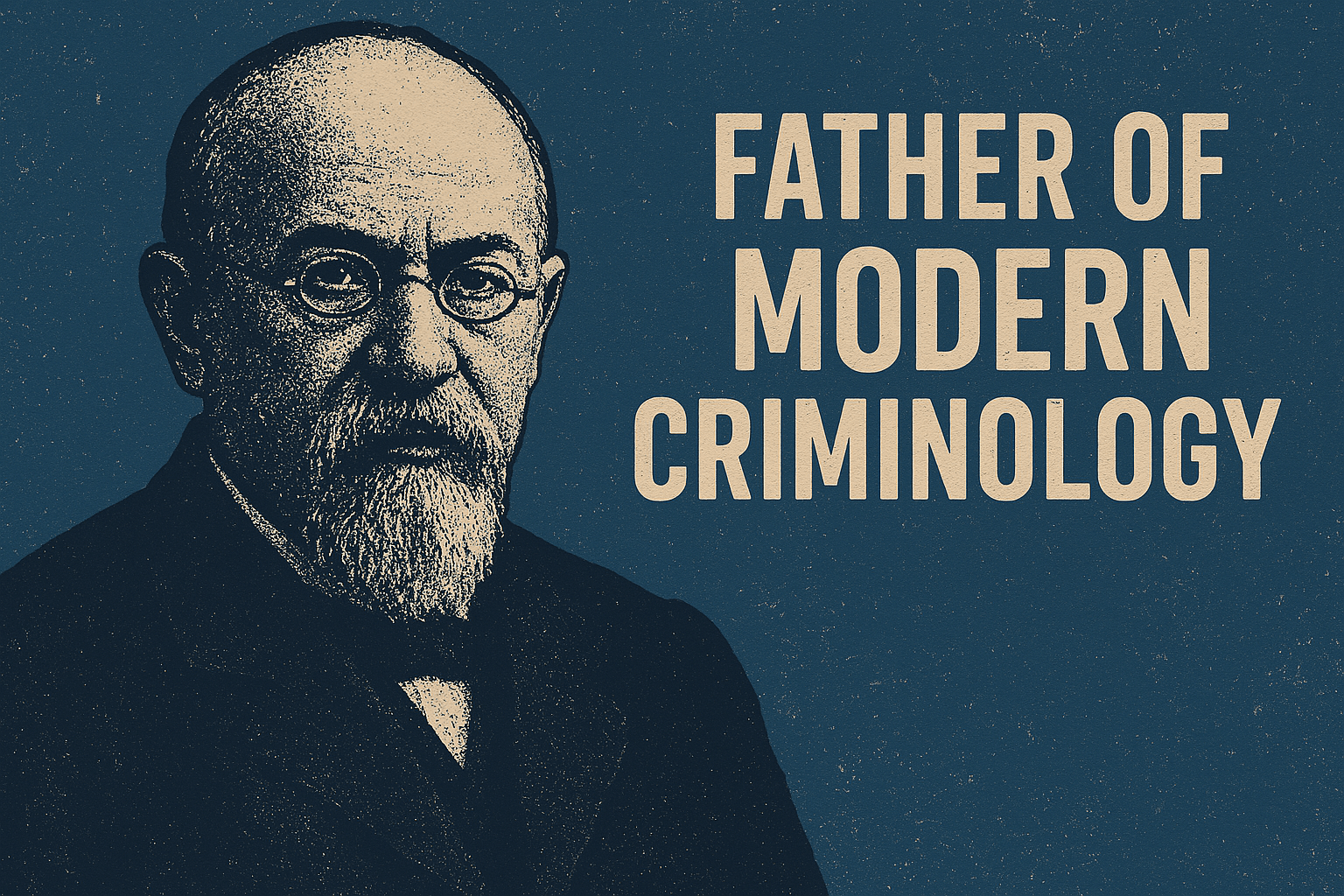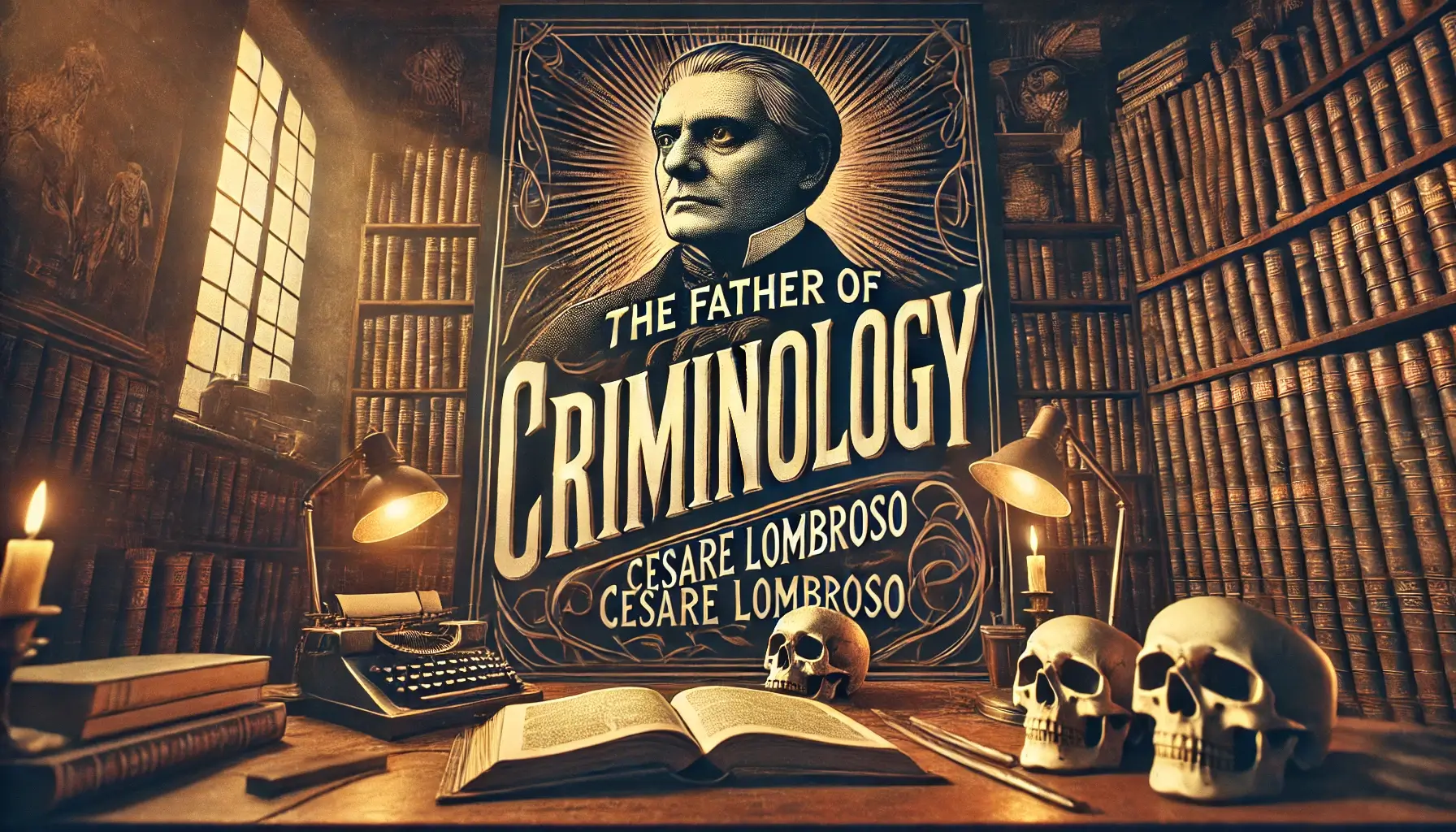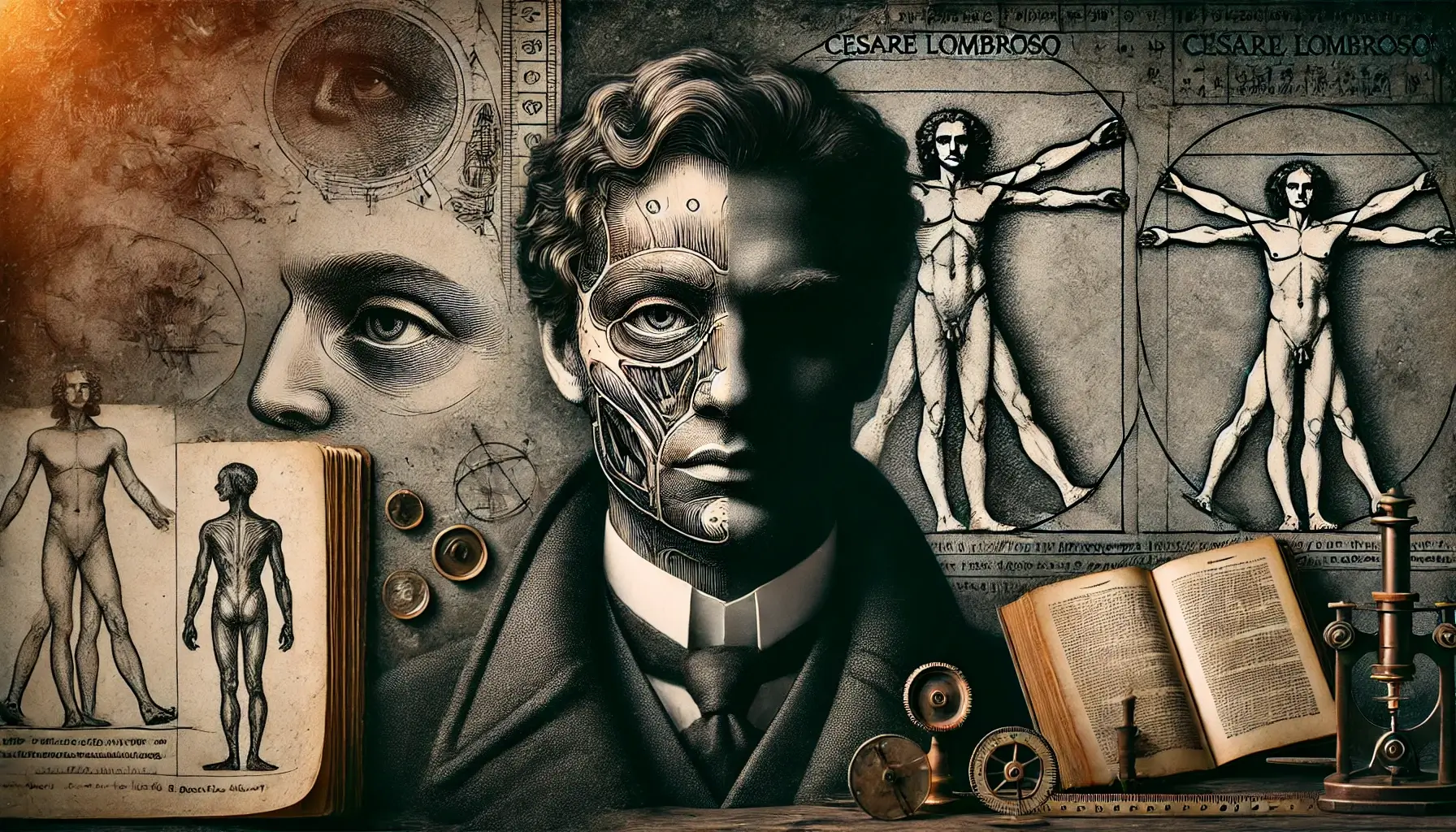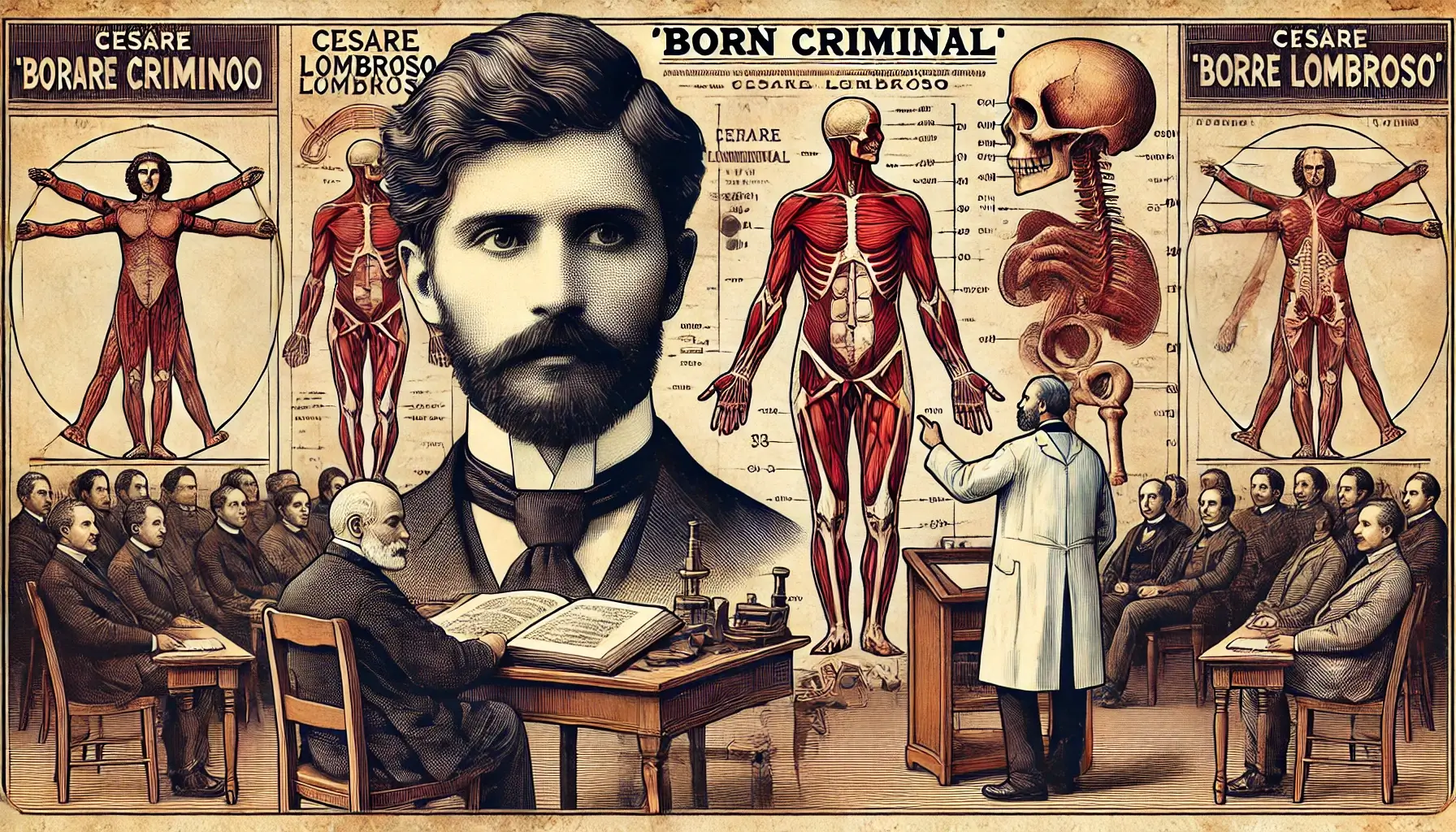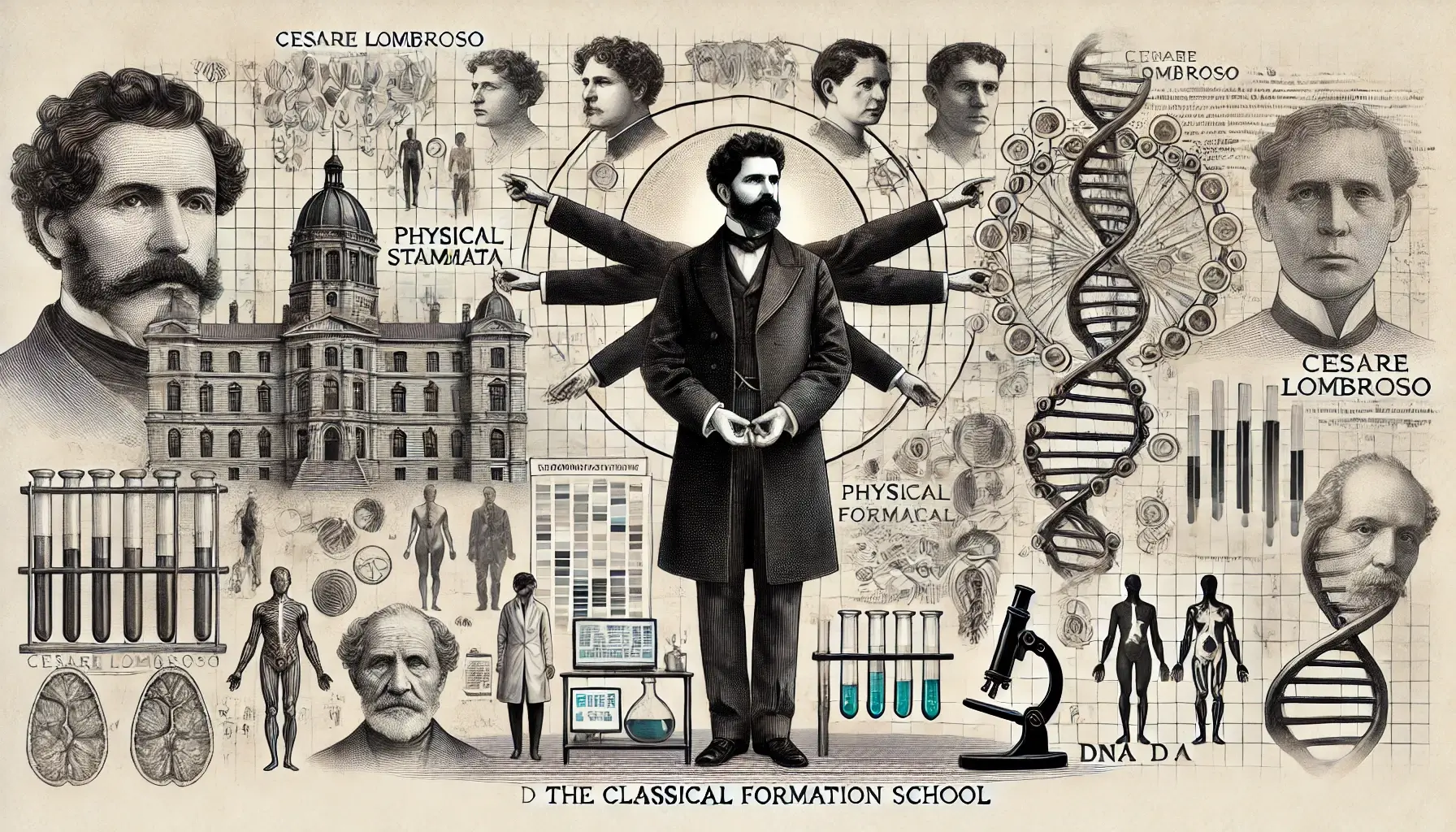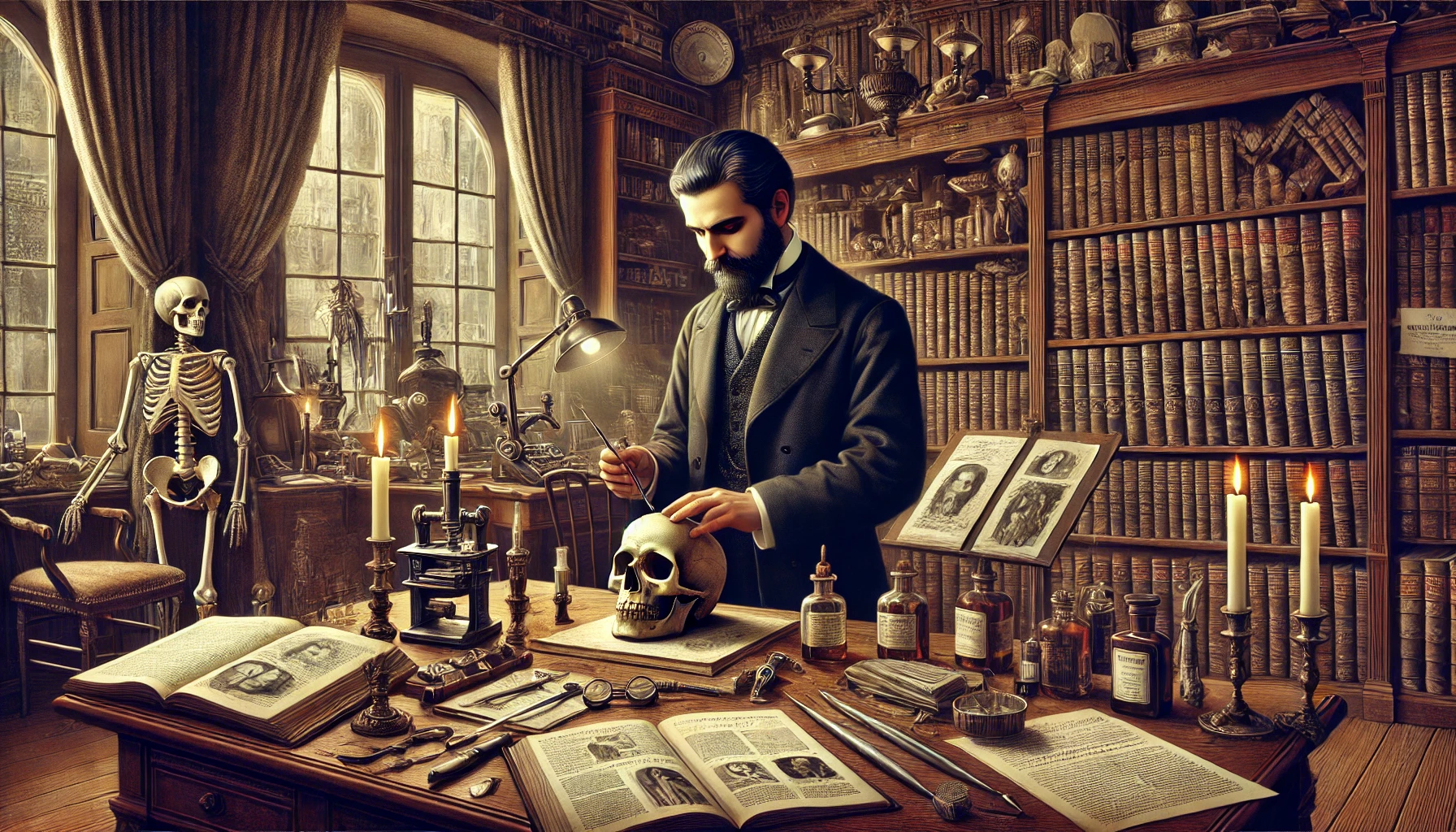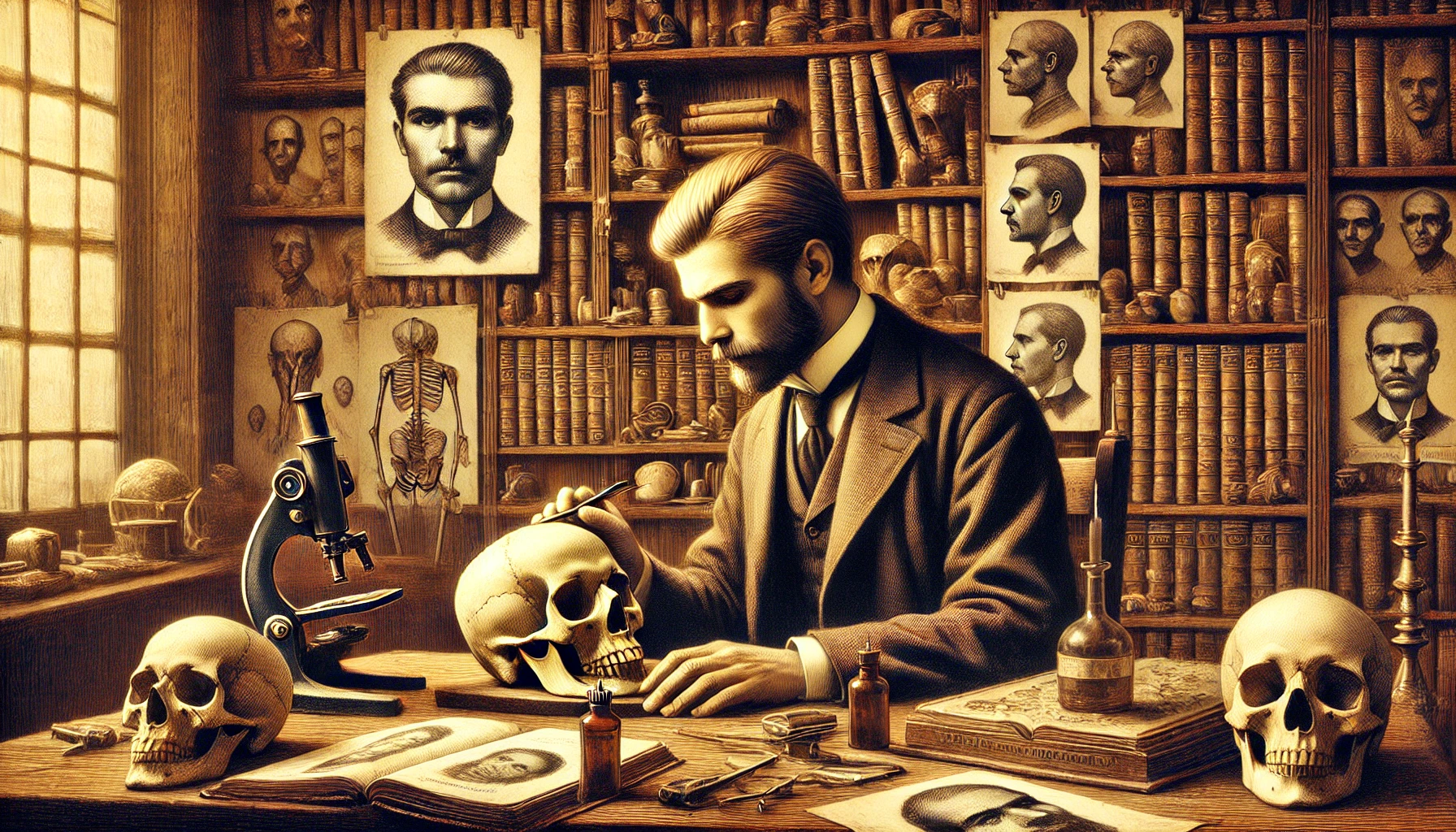Born Criminal Theory by Cesare Lombroso: Definition, Impact, and Criticism
the born criminal The history of criminology is filled with debates over whether crime is a product of nature, nurture, or a combination of both. In the late 19th century, one of the most influential and controversial figures in criminology, Cesare Lombroso, introduced the concept of the “Born Criminal.” His theory suggested that some individuals … Read more

